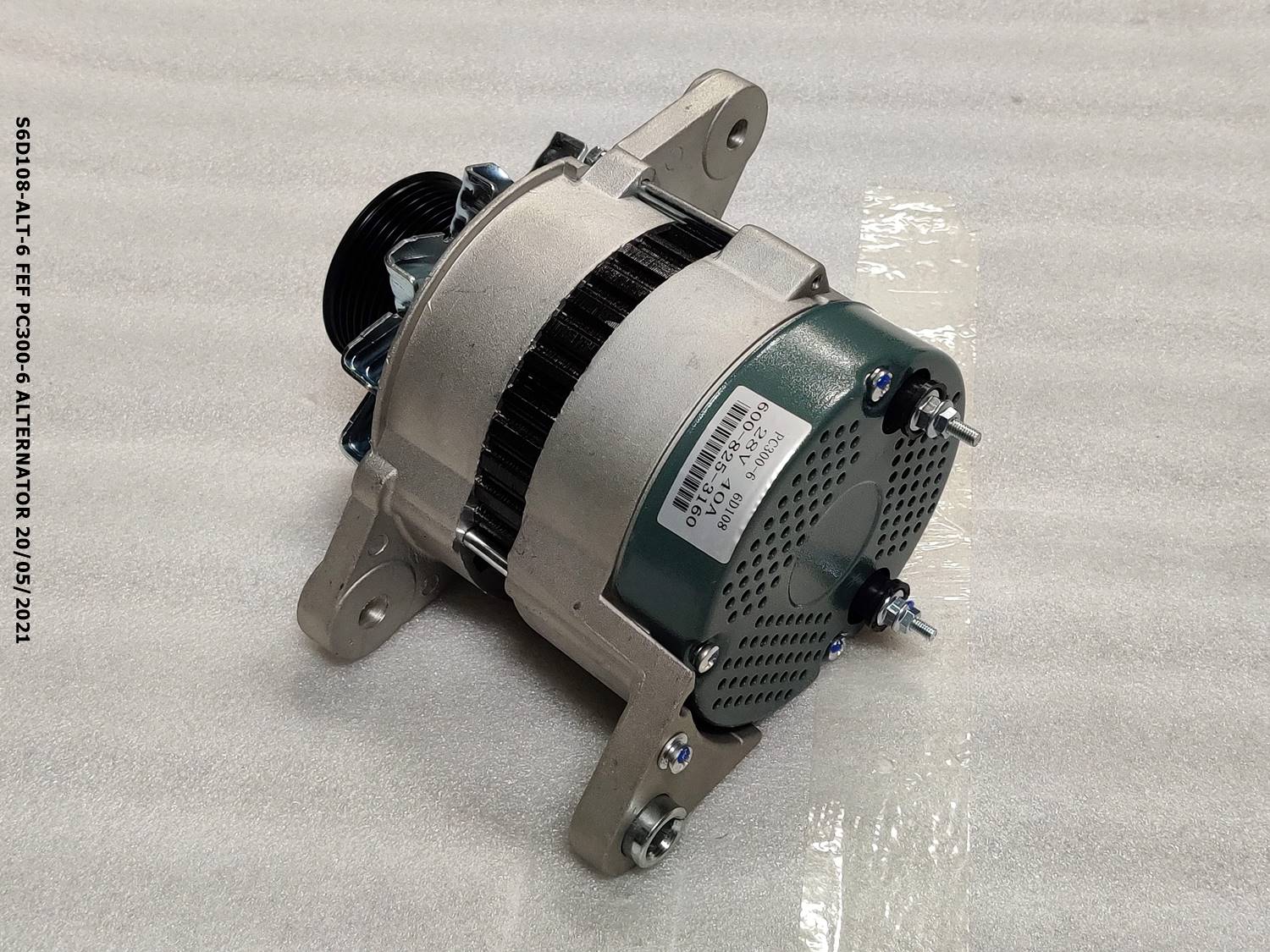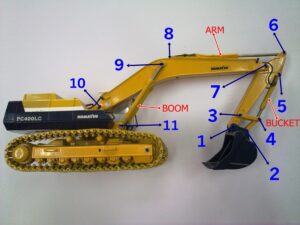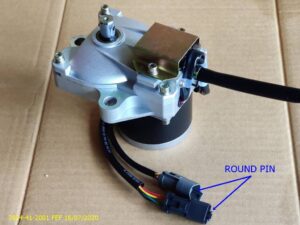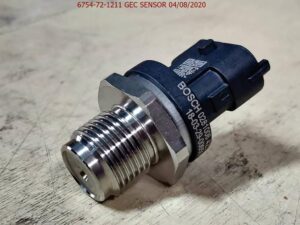The alternator in an excavator performs several important functions related to the electrical system. Here are five key functions of an excavator alternator:
- Power Generation: The alternator generates electrical power for the excavator’s electrical system, converting mechanical energy from the engine into alternating current (AC), which is then converted to direct current (DC) for use by the vehicle’s components.
- Battery Charging: One of the primary functions of the alternator is to charge the excavator’s battery while the engine is running, ensuring the battery remains charged for starting the engine and powering electrical systems when the engine is off.
- Supplying Power to Electrical Systems: The alternator supplies power to various electrical components of the excavator, such as lights, sensors, the control panel, and other electrical devices, ensuring that they operate efficiently.
- Voltage Regulation: The alternator helps regulate the voltage in the electrical system, preventing fluctuations that could damage sensitive components by maintaining a consistent voltage output.
- Ensuring Engine Performance: By providing reliable electrical power, the alternator supports engine-related systems like fuel injection, ignition systems, and other sensors, contributing to overall engine performance and reliability.
These functions are critical for the smooth operation of an excavator, ensuring its electrical systems remain functional throughout operation.




